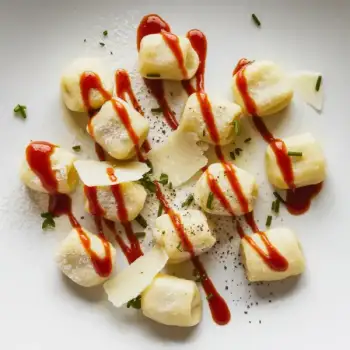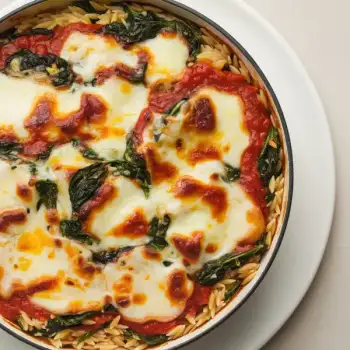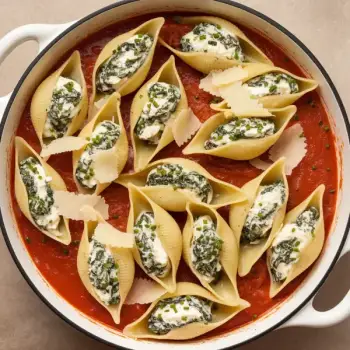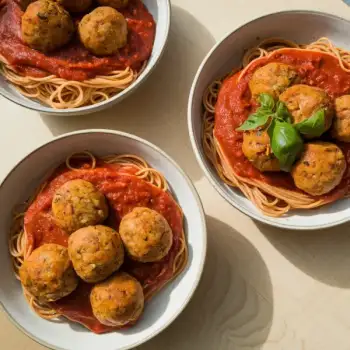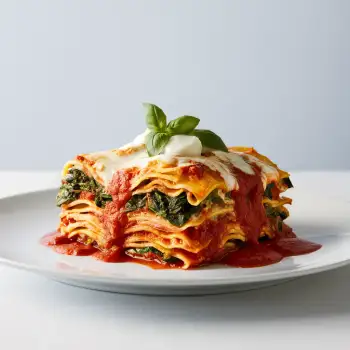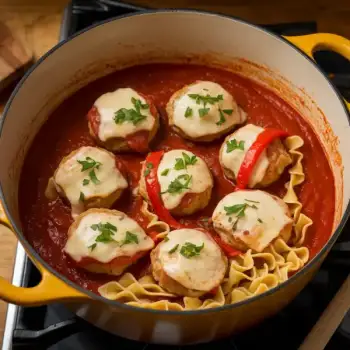


Canned
Marinara sauce available in cans is often more affordable and can be a pantry staple for quick meal preparation.
Jarred
Glass jars of marinara sauce are widely available, offering convenience and often a more premium product with a range of flavor profiles.
Homemade
Marinara sauce made from scratch, allowing for customization of ingredients and flavors to personal preference.




canned marinara sauce: Muir Glen, Cento
jarred marinara sauce: Rao's Homemade, San Marzano, Barilla

Blending: For a smoother sauce, some cooks prefer to blend their marinara after it has been cooked. This can be done with an immersion blender or by transferring the sauce to a blender. Be cautious with hot liquids and allow the sauce to cool slightly before blending if using a traditional blender.
Simmering: The key to a great marinara sauce is a slow and gentle simmer. This method allows the flavors to develop fully without reducing the sauce too quickly. Simmer the sauce, partially covered, stirring occasionally to prevent sticking and burning.
Seasoning Adjustments: Taste your sauce periodically and adjust the seasoning as needed. Salt is essential, but be judicious, and remember that the sauce will reduce and concentrate the flavors, including saltiness.




